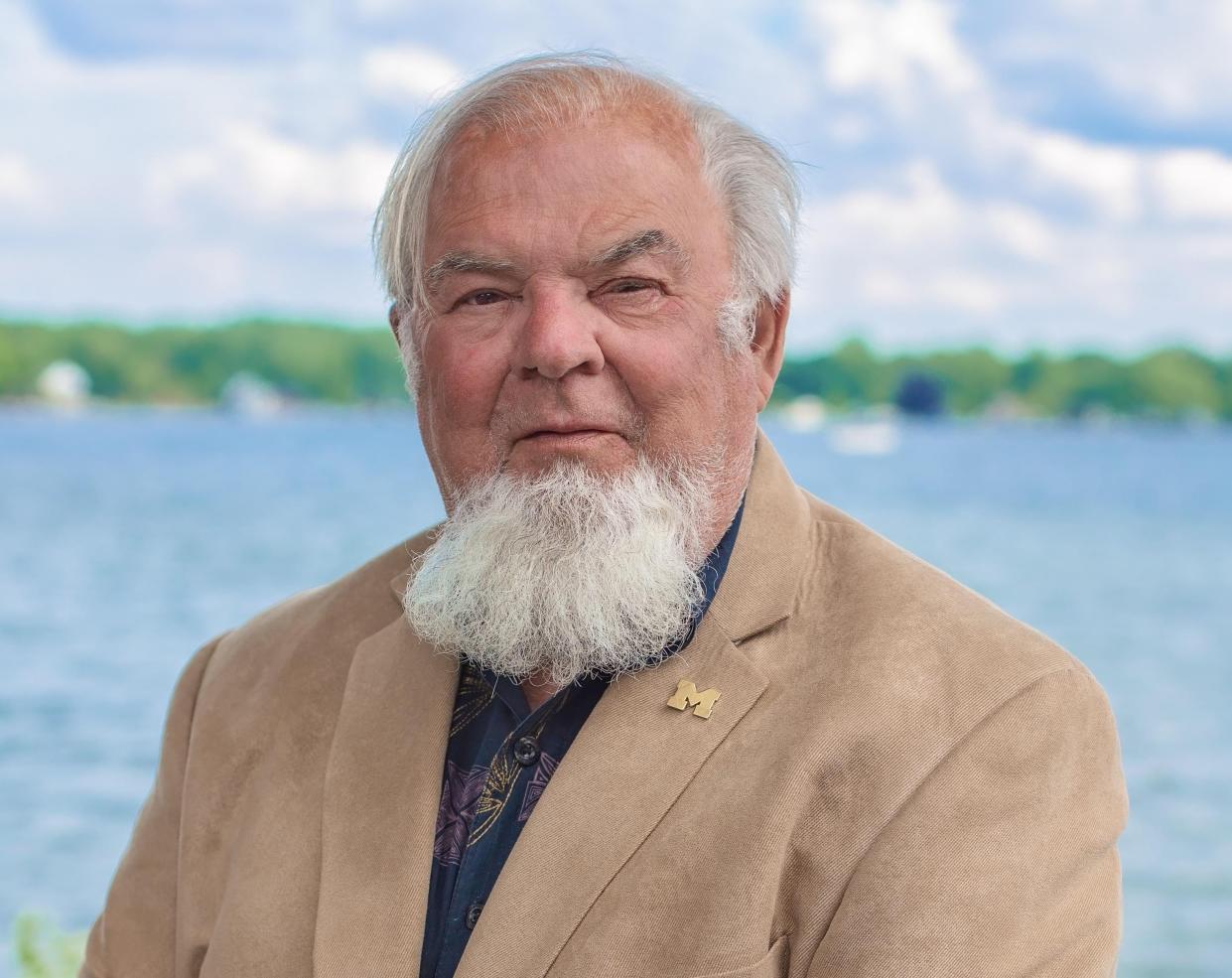James W. Pfister: President and emergency power

- Oops!Something went wrong.Please try again later.
- Oops!Something went wrong.Please try again later.
- Oops!Something went wrong.Please try again later.
President’s Day is this month. Can the president act on his own in the event of an emergency? In English legal history this power was known as sovereign prerogative. Can he go above the law? Historic emergencies include Lincoln suspending the writ of habeas corpus during the Civil War, Franklin D. Roosevelt and Pearl Harbor, Harry S. Truman and the attack on South Korea, John F. Kennedy putting out a blockade in the Cuban Missile Crisis, and, of course, George W. Bush reacting to 9/11.
There is no emergency power in our Constitution. The president’s power in Article II is limited in this area to the generic executive power, the commander-in-chief power and the power to take care that the laws are faithfully executed. The president’s power was limited in the steel seizure case (Youngstown Sheet & Tube v. Sawyer, 1952). The Supreme Court found that the president had invaded Congress’s power in seizing the nation’s steel mills to keep arms flowing to Korea. Justice Robert Jackson said, in concurrence, that an emergency power tends to “kindle emergencies.” The Founding Fathers knew what they were doing. So, without a textual emergency power, how does a president manage to exercise emergency power, which is needed from time-to-time?
The solid basis for the president is a delegation from Congress. Congress has defensive powers under Articles I and IV. The president with a delegation from Congress can thus exercise emergency power; then, he personifies federal sovereignty. Congress delegated power to FDR in a declaration of war, as provided in the Constitution. President Bush after 9/11 got a broad delegation from Congress in the Authorization for the Use of Military Force (AUMF). Interestingly, Truman got an authorization from the United Nations, in creating Uniting for Peace in the General Assembly; Congress deferred to that and provided financial support.
The basic law now is the War Powers Resolution of 1973. The president is given 60 days to act on his own. The 60 days can be extended by 30 days if necessary for the safely of the armed forces. But automatically, the president’s action must end unless Congress has authorized it or is unable to meet due to an attack on the United States. WPA passed over President Richard Nixon’s veto. The courts have not yet dealt with this limitation on the president.
There are two situations above-mentioned where the president was on his own: the Cuban Missile Crisis of 1962, and the Civil War suspensions of the writ of habeas corpus in 1861. In these situations, the president acted beyond authorization. As Justice Jackson said in Youngstown, in this “zone of twilight” category, he will be judged by the “imperatives of events and contemporary imponderables,” not by law, but by political realism. These situations today, however, might fit into the War Powers Resolution’s 60-day window, but not necessarily. Congress should act.
Regarding Cuba, Kennedy met in secret for several days with his advisers, keeping Congress and the people in the dark. Then, he announced his decision to the nation to put out the blockade of Soviet ships on the high seas — in contradiction of international law. (He would eventually rely on a legal authorization from the Organization of American States). Congressmen said they were informed, not consulted. Kennedy was playing the “chicken game” with Khrushchev — he could not be debating with Congress at the same time.
Lincoln suspended the writ of habeas corpus so that Union troops could go unmolested through Maryland to Washington, D.C., to defend the city. Habeas corpus, an old English right, allows a prisoner to go to court to determine whether he is legally held. Confederate activists in Maryland were being released. Our Constitution says that Congress may not suspend the writ unless a rebellion or invasion requires it. The president certainly cannot do it on his own. But Congress was not in session, and Lincoln had to act to protect the capital. When Congress came back in special session on July 4, 1861, Lincoln said, famously: “Are all the laws, but one, to go unexecuted, and the government itself to go to pieces, lest that one be violated?” This is the essence of the presidency, the ultimate power to protect the national interest.
James W. Pfister, J.D. University of Toledo, Ph.D. University of Michigan (political science), retired after 46 years in the Political Science Department at Eastern Michigan University. He lives at Devils Lake and can be reached at jpfister@emich.edu.
This article originally appeared on The Daily Telegram: James W. Pfister: President and emergency power

